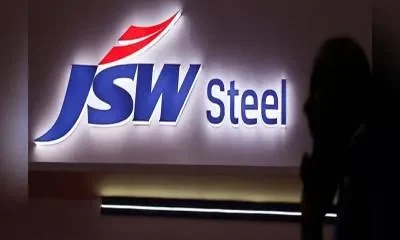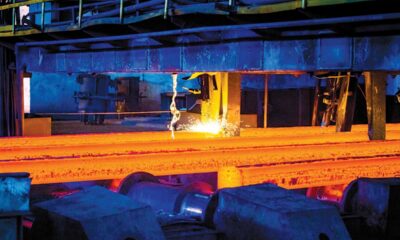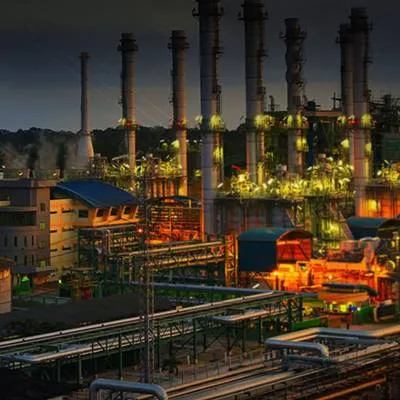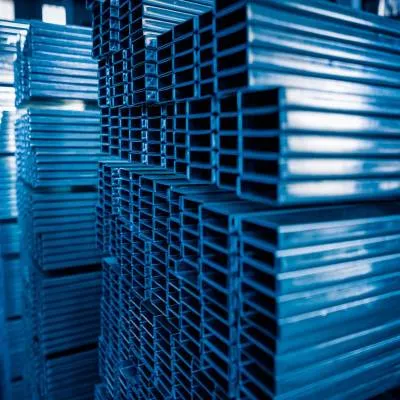The Ministry of Steel, Government of India, has invited media organisations to partner with Bharat Steel 2026, an international conference-cum-exhibition scheduled to be held on April 16–17, 2026, at Bharat Mandapam in New Delhi. Envisioned as a premier global platform, the event will bring together policymakers, industry leaders, investors, technology providers and international stakeholders to discuss the future of the steel sector in India and worldwide.
Bharat Steel 2026 aims to showcase India’s steel vision, policy roadmap and investment opportunities, while fostering structured engagement between the Government of India and the global steel ecosystem. The conference is expected to see high-level participation from senior government leadership, key central ministries, state governments, chief executives of leading Indian and international steel and mining companies, global technology players, financial institutions, trade bodies and international delegations.
The two-day event is likely to feature key policy deliberations, industry announcements, business collaborations and knowledge-sharing sessions, with a strong focus on sustainability, innovation and long-term growth of the steel industry. Given its scale and international participation, Bharat Steel 2026 is expected to attract significant national and global attention.
In this context, the Ministry of Steel proposes to collaborate with leading media organisations to ensure wide-ranging and impactful coverage of the conference. Media partners are being invited across categories, including digital media, print media (magazines and newspapers), and electronic and television platforms.
The tentative scope of collaboration includes digital promotions through dedicated web banners and social media posts, publication of advertisements and editorial content in print, and broadcast of promotional material, interviews, panel discussions and event highlights on electronic and television channels. Coverage is envisaged across pre-event, event and post-event phases to ensure sustained visibility.
Partnering media organisations will gain enhanced visibility, access to senior government and industry leaders, exclusive content opportunities, press briefings and on-ground coverage during the event, enabling close engagement with one of the most significant government-led platforms in the steel sector.
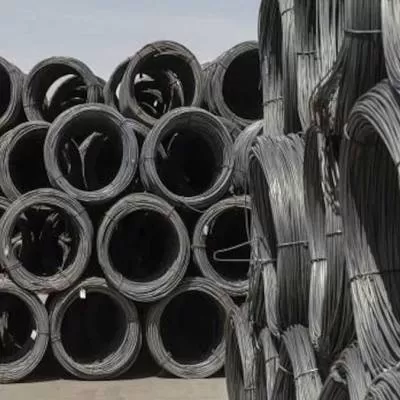

 Economy & Market4 weeks ago
Economy & Market4 weeks ago
 Economy & Market4 weeks ago
Economy & Market4 weeks ago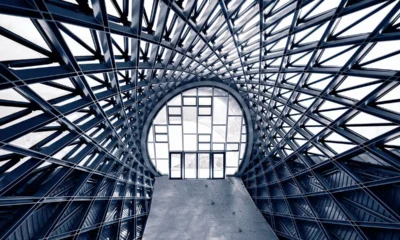
 Concrete1 month ago
Concrete1 month ago
 Concrete2 weeks ago
Concrete2 weeks ago


